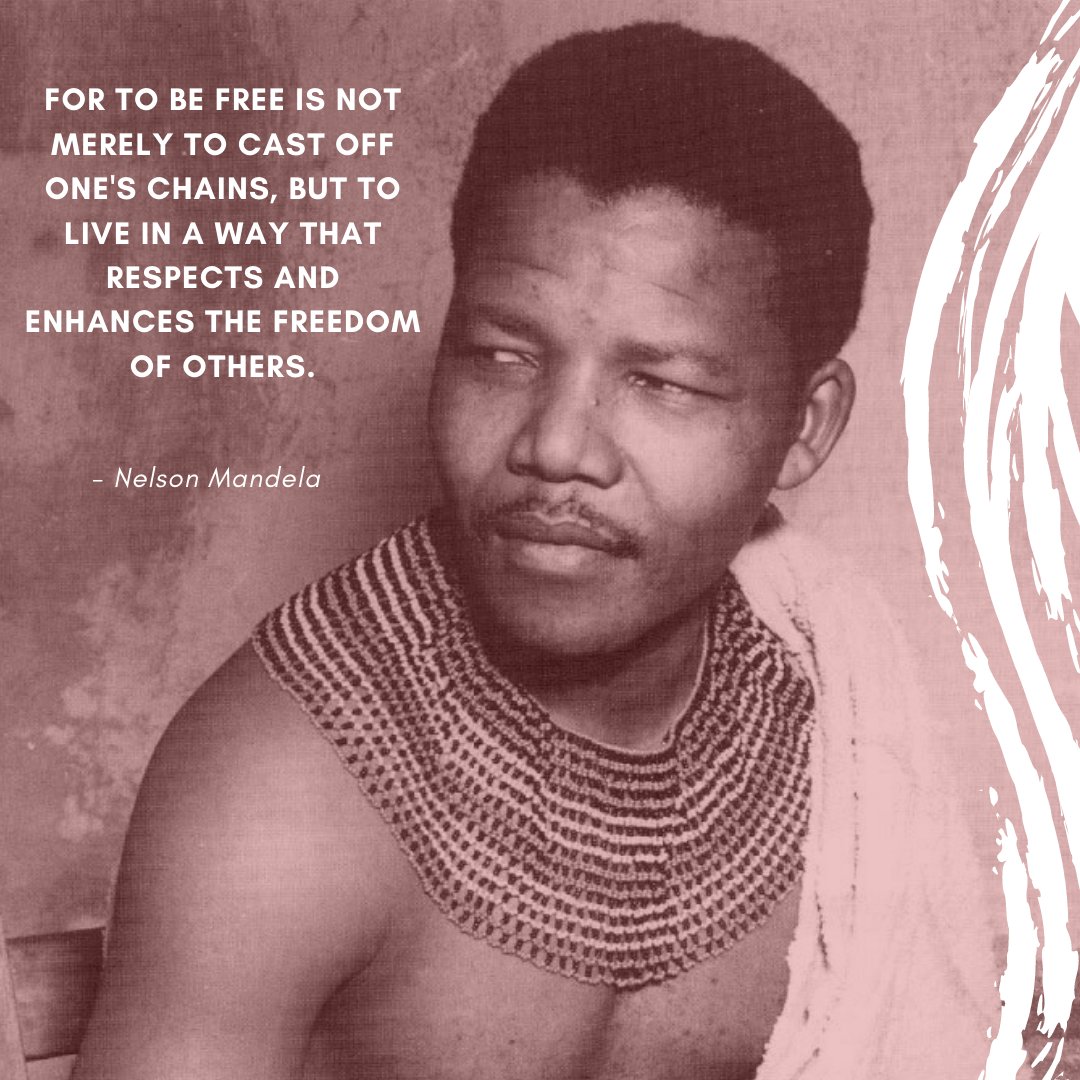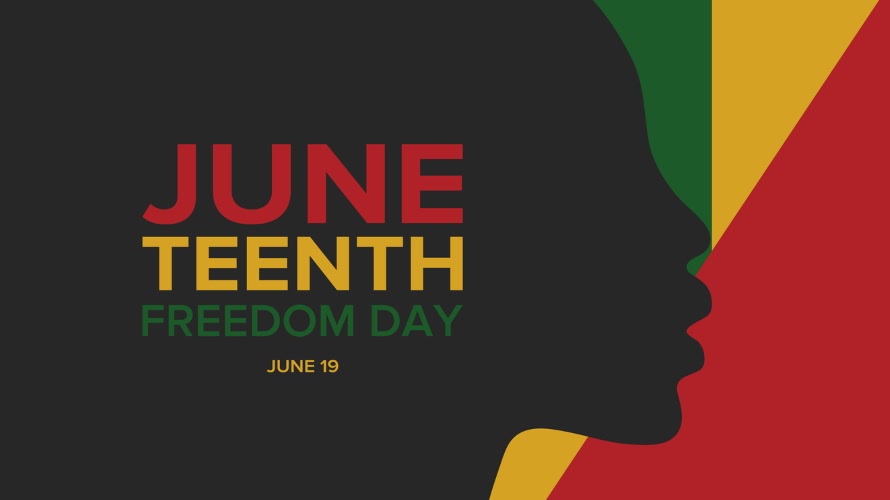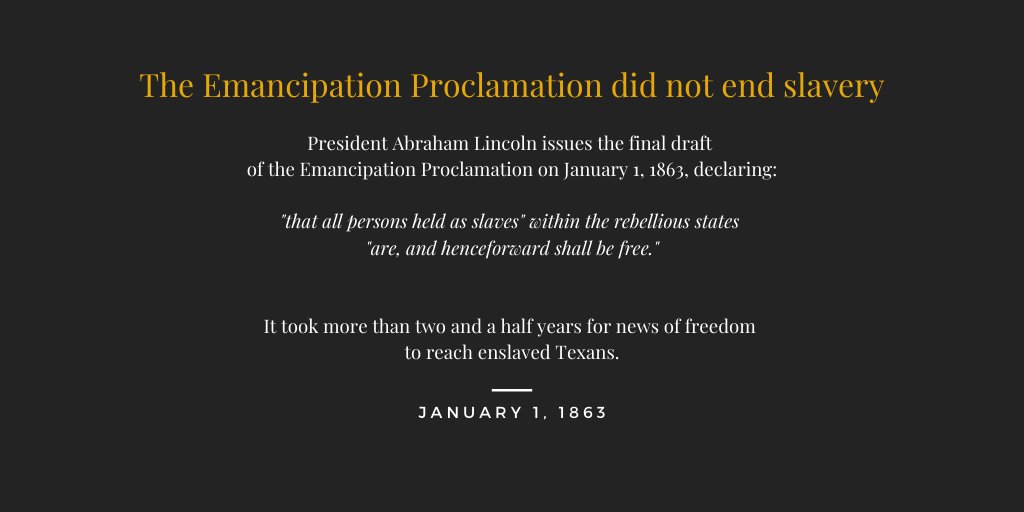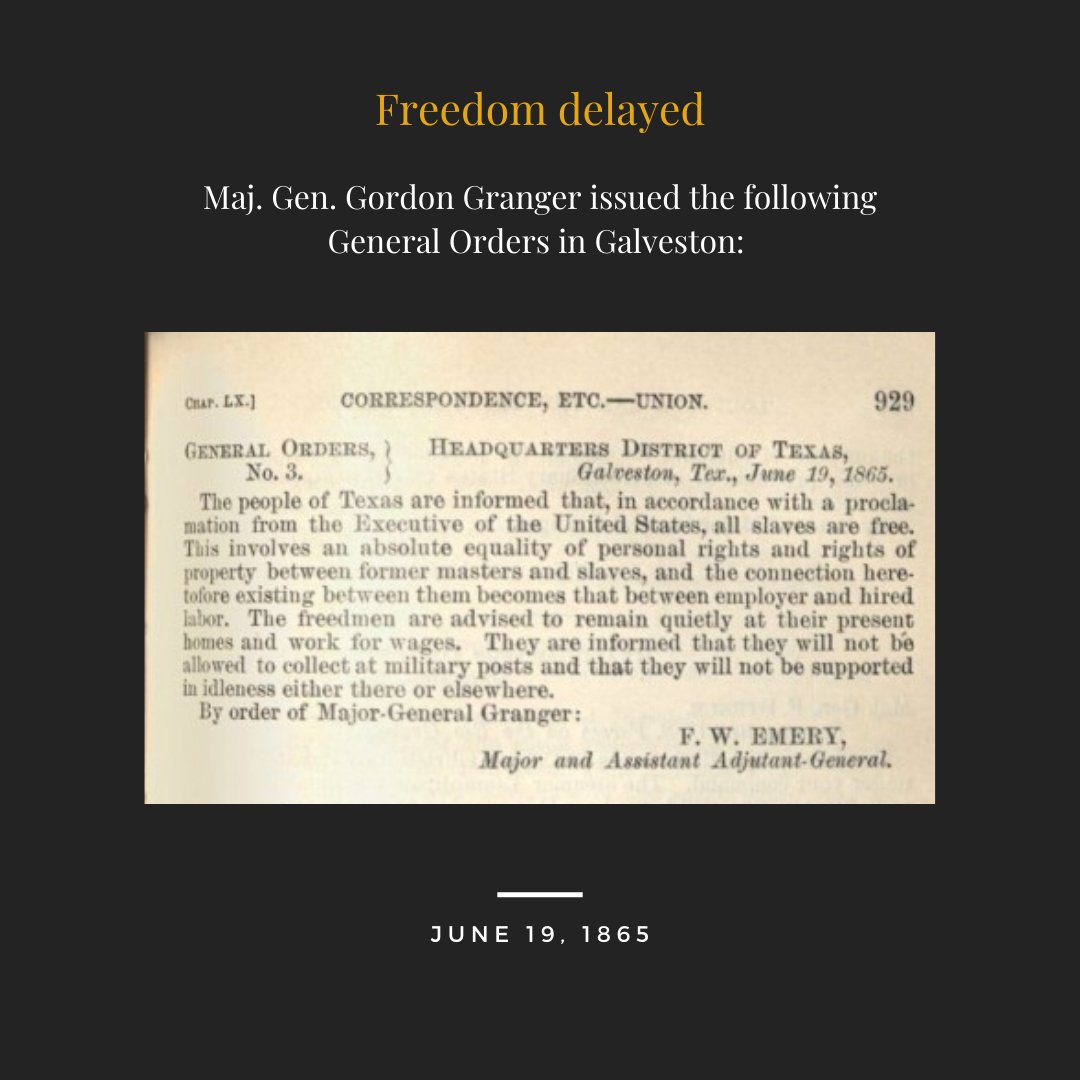
On #IndigenousPeoplesDay we celebrate and honor the original people of this land and commemorate their histories and cultures.
We also honor the contributions and culture of Native and Indigenous peoples and celebrate their past, present and futures throughout history. 

One way we are marking today is an acknowledgment of the Native lands we live and work on in Oregon.
In Portland, our office is housed on the unceded and the traditional lands of the Multnomah, Wasco, Cowlitz , Kathlamet, Clackamas, Bands of Chinook, Tualatin, Kalapuya, Molalla and many other tribes. #HonorNativeLand 

If you’re looking for ways to learn and celebrate on #IndigenousPeoplesDay, here are five ideas from @SmithsonianNMAI: smithsonianmag.com/blogs/national…
Another way to commemorate #IndigenousPeoplesDay is to learn about Native American culture. You can start with this collection of poetry and art. poetryfoundation.org/collections/14…
You can also spend time learning about the efforts of Indigenous and Native communities. Here are eight LGBTQ+ and Two-Spirit Native Americans who are changing the world for the better, courtesy of @them. them.us/story/lgbtq-tw…
At Meyer, we stand in solidarity with Native and Indigenous communities against the lingering effects of colonization and support their leadership to combat the racism and the erasure they continue to face.
Some people wonder “Why replace Columbus Day with Indigenous Peoples’ Day?” Well…..Columbus Day is not just a holiday, it represents the violent history of colonization in the Western hemisphere.
Also….let’s not forget that slavery and colonialism make up the true legacy of Columbus. nytimes.com/1989/11/04/opi…
#IndigenousPeoplesDay acknowledges Native and Indigenous communities as thriving, contemporary sovereign nations among the American family of governments.
Several U.S. cities and states, including Oregon, have already replaced Columbus Day with Indigenous Peoples' Day or alternative days of remembrance.
To quote our friends at the Indigenous Environmental Network (@IENearth) “Centering and uplifting Indigenous voices and knowledge should be an everyday practice when you are living on occupied stolen land.” opb.org/article/2020/0…
@threadreaderapp @UnrollHelper can you unroll?
• • •
Missing some Tweet in this thread? You can try to
force a refresh







